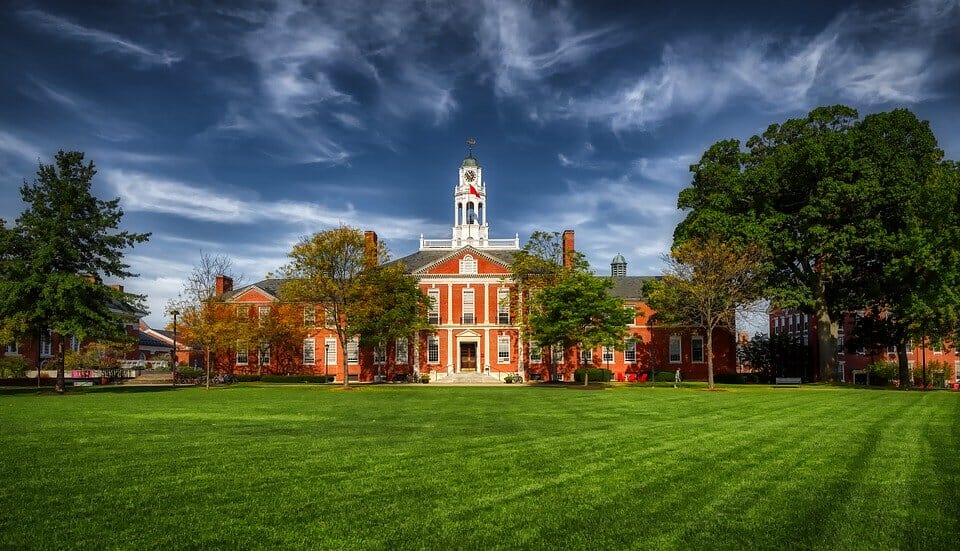
The single-sex school originated during the 18th century, when rich families sent their sons to “special” schools. Only later, in the 19th century, when the awareness of the value of education increased, were girls also sent to study. Single-sex schools were very popular in England and now also in Australia.
Today, the single-sex schools are popular among religious populations and even more during high school.
Supporters of single-sex schools believe they help kids concentrate on their academic work and avoid the sexual distractions of adolescence.
Critics believe that some social skills relating to the opposite sex reaches its peak development during teenage and that if teens do not have enough practice, this limit their social skills and their ability to relate later on.
Supporters believe that putting boys and girls together makes the kids more violent and exposes them to sexual relationships too early.
Critics believe that in single-sex schools there is more violence (weak boys or girls become victims very easily) and the difficulty kids have in connecting with the other sex only pushes them to have sex earlier.

The big argument against single-sex schools is that they do not prepare the kids for life. When they grow up, they will have to communicate with the other sex at home, university and work and their success in this communication greatly depends on their practice in the formative years.
How many workplaces do you know, which employ only females or only males? Besides, everyone looks for a partner at some stage.
Research findings: single-sex vs. mixed
Researches during the 80s found that:
- There were no differences in the level of violence (physical or verbal) between single-sex and mixed (co-educational) schools
- Boys in mixed schools performed better academically
- Boys stated that mix schools were more comfortable to learn
- When comparing the school atmospheres, mixed schools had a significant advantage over single-sex schools. The research checked what boys, girls, parents and teachers thought about the atmosphere and found out that all of these groups thought the same (the research compared boys with boys, girls with girls, parents with parents and teachers with teachers from both schools)
- In boys’ schools, the boys’ attitude towards girls was significantly more stereotypical (“All girls are/do…”) than in mixed schools
- One research in girls’ schools found that girls had an academic advantage in single-sex school. This research was criticized a lot for not checking the girls’ socioeconomic background, the quality of the teachers and the quality of the social connections. The point that appeared again in many of the criticisms were that the girls’ schools were all private schools and the research did not include public girls’ schools to compare “Apples to Apples”
- A research in Australia in 1991 stated that “there is no scientific evidence to the belief that single-sex schools are better than the alternative in areas of confidence or any academic advantage, including math, science or technology” (Judith Gil, University of South Australia)
Choosing a mixed or a single-sex school for your kids is mostly an “Emotional” choice (How many people do you know that have actually read all the research about it before making the choice?).
Debating advantages and disadvantages of single-sex schools is similar to debating what is most important between academics and social skills. The answer lies in the reasons parents prefer single-sex schools.
Parents’ reasons for choosing a single-sex school
Parents have many different reasons to send their kids to single-sex schools:
- The parents were in single-sex school and they were happy with the result
- Entering a single-sex school is an indication of status
- Families in their social circle and/or neighbourhood send their kids to single-sex schools
- The parents are worried about the other sex’s presence and are afraid it will distract their kid
- A particular single-sex school has an academic advantage that is very important to the parents
- The kids wan to go to a particular school just because a good friend is going

To make sure the debate regarding single-sex vs. mixed schools will be less academic and more relevant to your own kids, it is very good to examine the reasons before registering to any school.
Both single-sex and mixed schools today are different to what they were many years ago (for good and for bad) though we base many of the choices we make on our past experience, which that is not relevant anymore.
When we examine the reasons WE are thinking about a school, it is wise to remember that the schools needs to fulfil the kids’ needs and not their friends’, not your parents and not even ours, the parents. The main question is “What will be the most beneficial for my child in the future?”
So is it good to send kids to a single-sex school?
Good question, which only you can answer if you know the answer to WHY.
Yours,
Ronit











